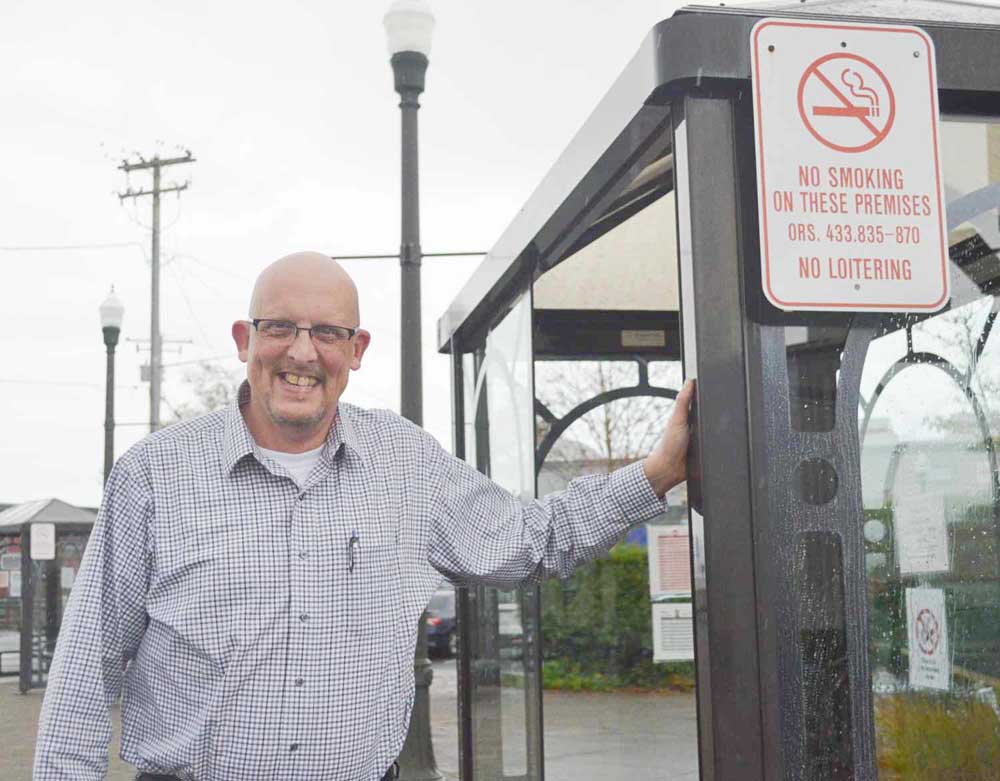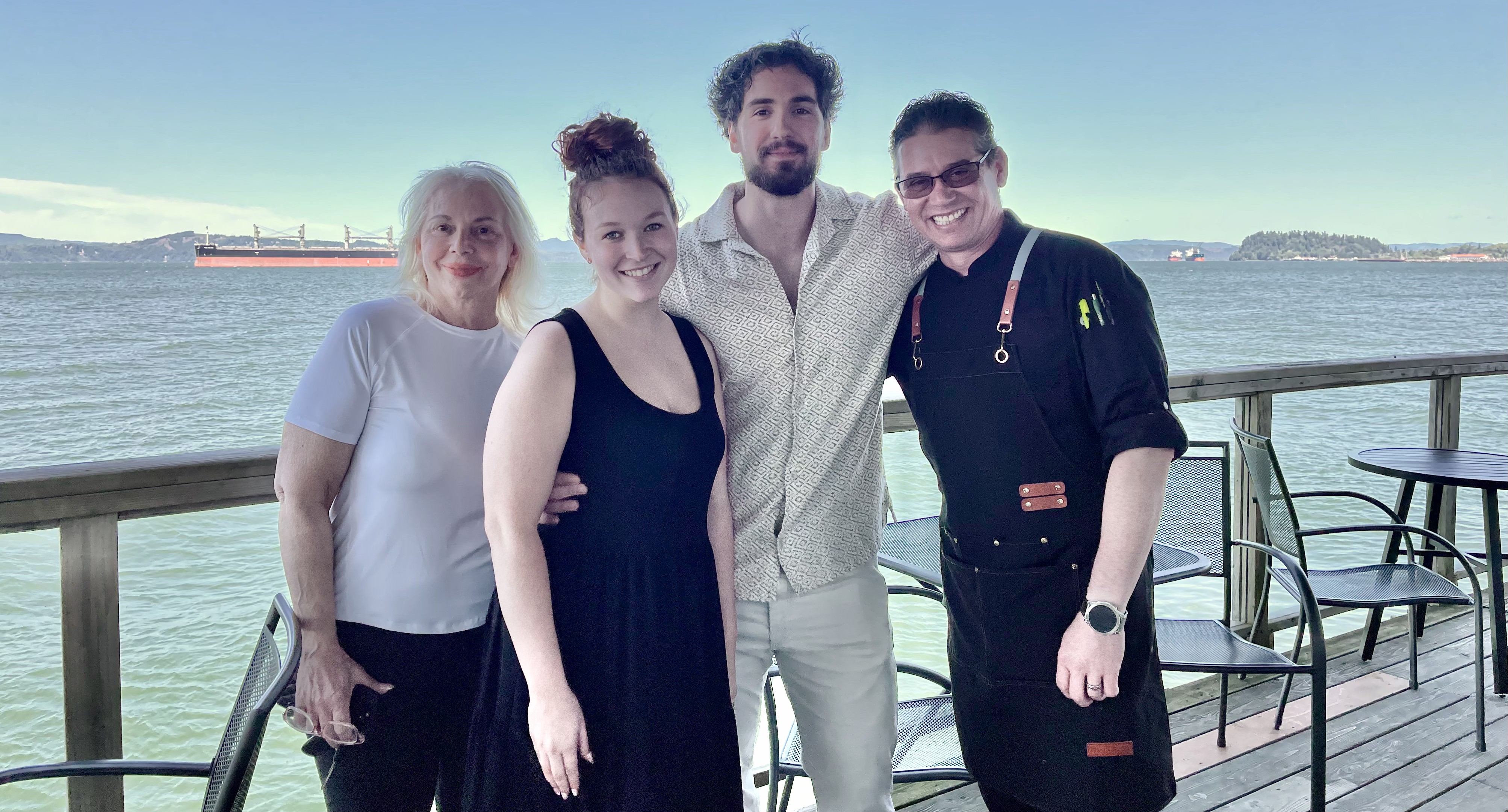Clatsop, Columbia transit networks look at linking
Published 3:23 am Monday, December 4, 2017

- Jeff Hazen has been the executive director of Sunset Empire Transit District since 2014.
Two of the region’s bus transit networks are exploring the possibility of joining forces to improve service.
Trending
Sunset Empire Transportation District, the bus agency for Clatsop County, recently secured a state grant to study its options with Columbia County.
Those options could include expanding to oversee transit in Columbia County, contracting with that county or asking voters to create a separate transit district there.
The results of the study are expected early next year. Jeff Hazen, executive director of Sunset Empire since 2014, applied for the grant.
Trending
“They really struggle in Columbia County, because they are a county department,” he said. “They don’t have the tax base we do.”
Columbia County Rider operates buses in the county and contracts with motor coach operator MTR Western to provide drivers. The study is looking at the operational specifics and tax rate needed to fund transit services in one or both counties, Hazen said. Changing tax rates or expanding a district would involve public votes, while contracting with Columbia County would require a competitive bidding process.
Sunset Empire sends two buses a day east on U.S. Highway 30 to Rainier and back. Columbia County Rider in turn provides buses to Portland and Longview, Washington.
“In Columbia County, funding can change year by year,” said Michael Ray, transit director in Columbia County. “The advantage of being a district is your funding is dedicated to the district.”
Sunset Empire has a permanent tax rate of 16.2 cents per $1,000 of assessed property value, along with timber tax revenue. The transit district receives about $900,000 annually in property taxes, Hazen said.
Voters in Columbia County last year rejected a bond measure that would have created the Columbia County Rider Transportation District at a tax rate of 23 cents per $1,000 of assessed property value. The county also previously tried to pass a quarry depletion tax that would have aided transit.
Local taxes are commonly used as matches for the state and federal grants that subsidize public transit. Fare revenue also provides a small percentage of a transit district’s revenue — about 15 percent for Sunset Empire and a similar percentage in Columbia County — but often can’t be used as a match on grants.
Arla Miller, a regional transit coordinator with the state Department of Transportation for the North Coast, mid-Coast and Willamette Valley, said the state saw Hazen’s study as a good idea when it funded his grant request.
“Our big push is for collaboration … just to have (transit districts) work together to try and help serve the underserved and unserved,” she said.
Miller’s position covers Columbia, Clatsop, Tillamook, Yamhill, Polk, Marion, Linn, Benton, Lincoln and Lane counties. In that region are six separate transit districts, she said. The Clatsop County Board of Commissioners formed Sunset Empire in 1993.
Sunset Empire has partnered with transit programs in Columbia, Tillamook, Lincoln and Benton counties since 2012 on Northwest Oregon Transit Alliance, a project funded by a U.S. Department of Energy grant to increase transit use by commuters and visitors in rural northwestern Oregon. The program focuses on creating seamless transit connections between the Oregon Coast, Portland and the Willamette Valley.
“One thing about transit, we’re not in competition, we’re in collaboration,” Hazen said. “To me, it sounds like common sense.”









